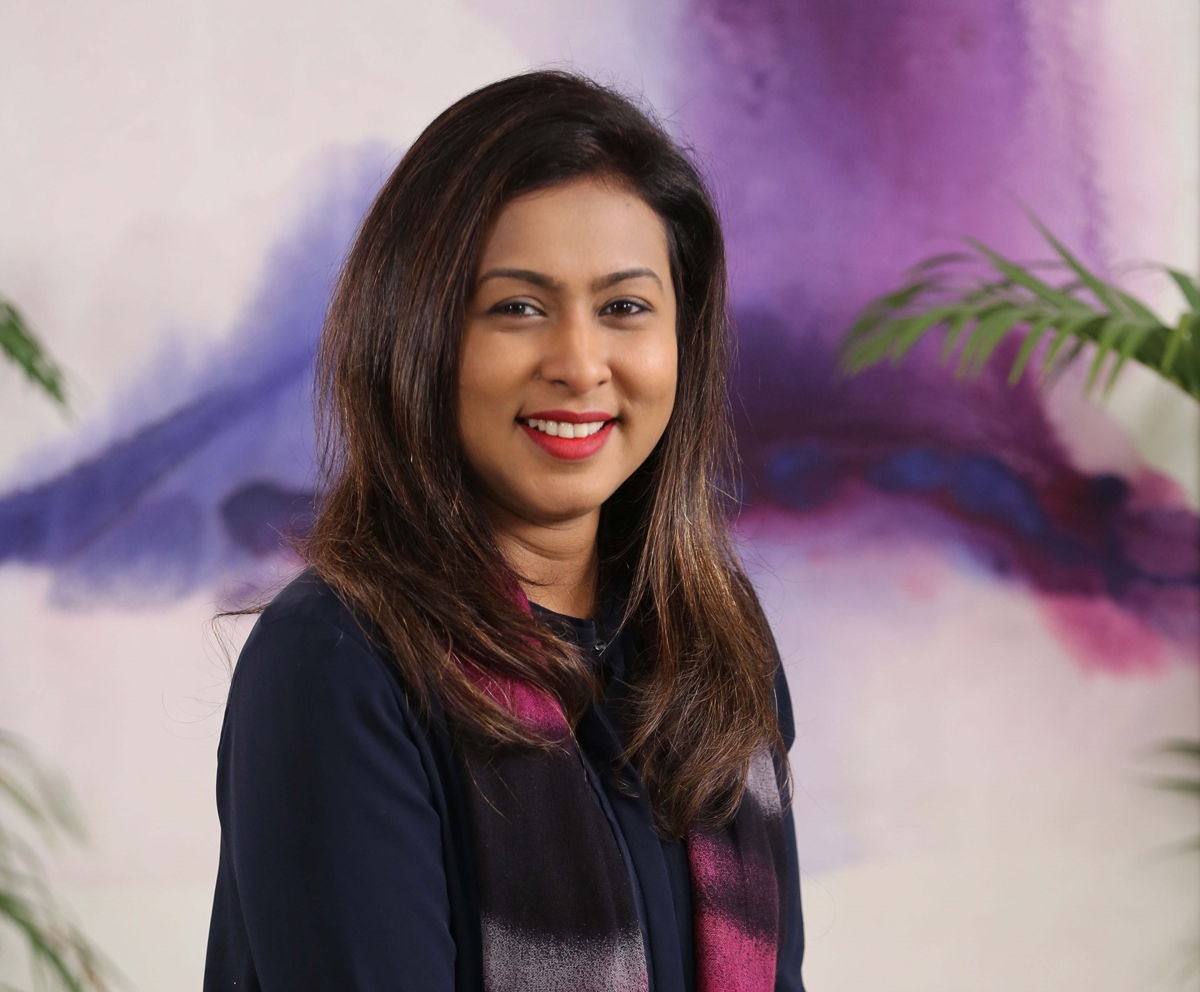
After a short break, our weekly roundup is back. This episode has stories from past two weeks. Enjoy.
-
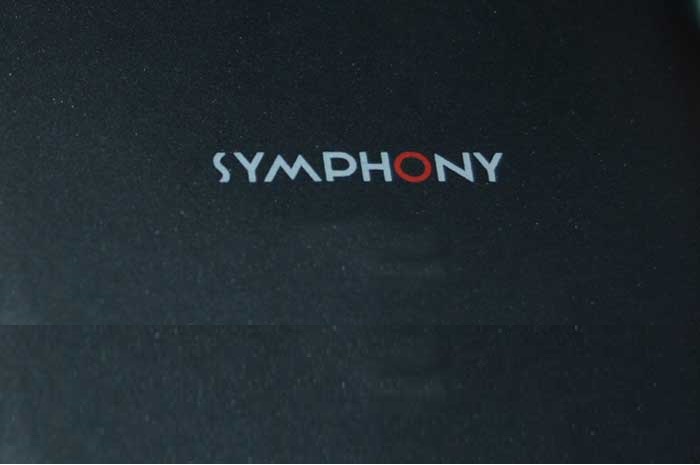
Symphony offered affordable mobile phones to people who did not have access to the phone before. It managed to build a strong distribution channel to the deep remote areas in the country making it easier for people to buy a mobile phone anywhere in the country. This has enabled Symphony to build a really great business which it continues to maintain even these days.
This unprecedented growth of feature phones and then low-cost smartphones has enabled a host of other mobile-based services to fly. bKash, albeit a major one, is an example of that. bKash started in 2011, essentially unleashing the third epoch of consumer tech in Bangladesh.
[su_divider top="no" divider_color="#adacab" link_color="#edde29" size="1"][/su_divider]
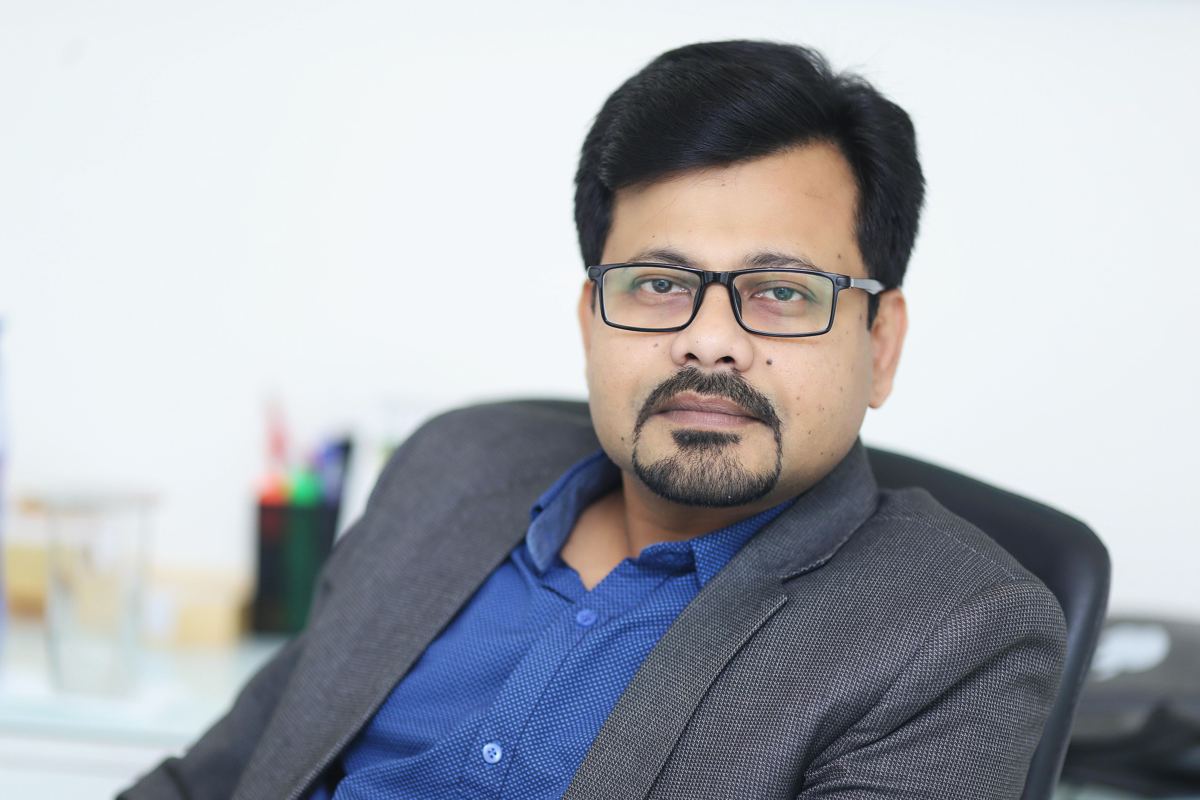
Mohammed Ferdous Yusuf is the Chief Of Human Resources Officer at bKash, one of the most important fin-tech companies in the country.
Mr. Ferdous has a fascinating story. He was born and brought up in Chittagong. An only child of his parents, he had a rather comfortable life growing up in the hilly city which he dubbed “I had a rather easy and to some extent, you may call, a hedonistic life” but you know, very few things in life last long enough. After his HSC, he moved to India for higher studies where he finally came to know and understand realities of life. He says, struggles and difficulties he had to endure during his time in India has prepared him for the challenges of his later life and has greatly contributed to who he is today.
In this insightful and intellectually empowering interview, we discussed a wide range of topics ranging from his life in Chittagong and Delhi, his early career at Unilever, how HR works at bKash, how you build a culture and why it is important for an organization, history of HR in Bangladesh, the most sought after skills in the market, albeit which are not skills, his take on the future of work and workplace, what you need to do today to prepare yourself for the future, most important role the HR plays at an organization and why our relentless pursuit of the next big thing in life deprives us of the beauty of life.
[su_divider top="no" divider_color="#adacab" link_color="#edde29" size="1"][/su_divider]
We have finally come to realize that technology is not utility services, it is not mobile phone and browsing internet, it is a lifestyle, that it is another industrial revolution, that it will change how we operate as individuals, as a state, as a society
[su_divider top="no" divider_color="#adacab" link_color="#edde29" size="1"][/su_divider]
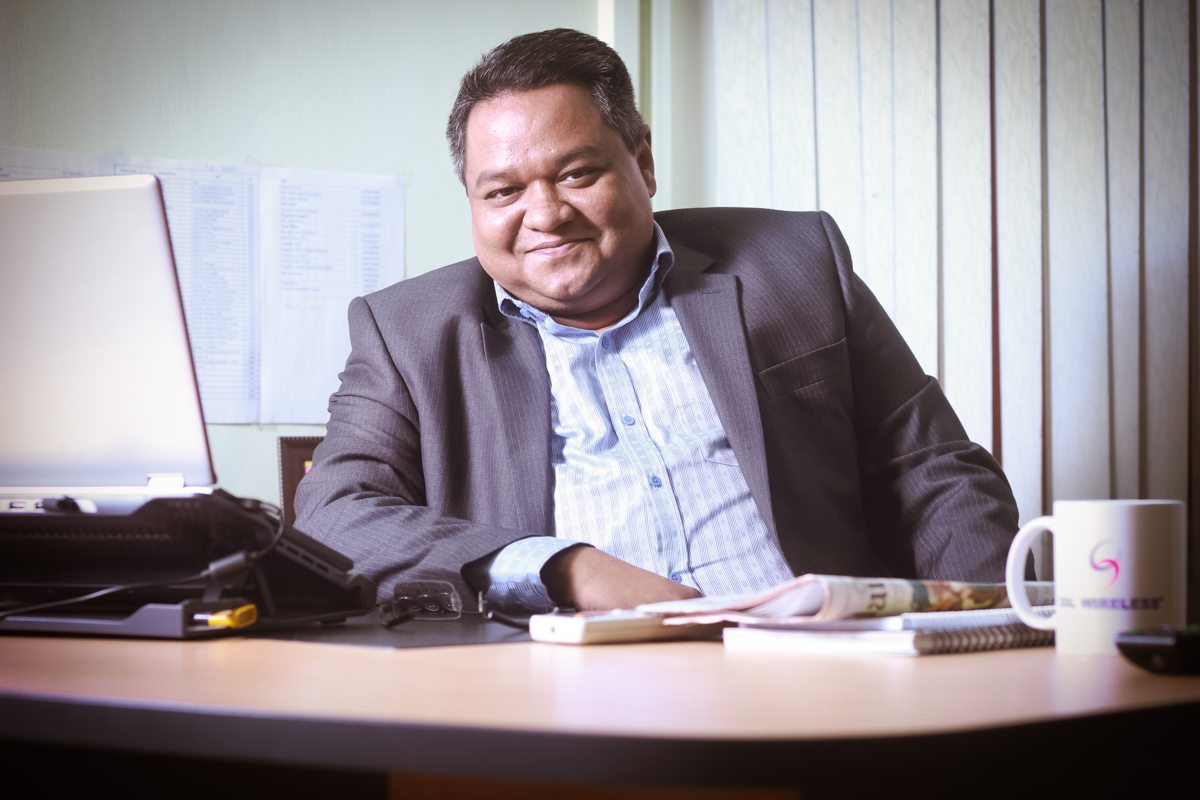
“I have finally come to realize the fact that technology is changing the fabric of our life and society,” says Ashish Chakraborty. “I once used to listen to music on cassette players. Then came CDs, later memory cards and now everything is in the Cloud. There is no CD or cassette,” continues Mr. Ashish. “I’m not alone. In my family, I browse Youtube for entertainment and so do my two toddler children. Oddly enough, my mother who was never a tech-savvy person is also watching Uttam Kumar’s films on Youtube. This is not because she’s interested in the technology, but because she is driven by her need.”
Ashish Chakraborty is the Chief Operating Officer at SSL Wireless – as we wrote in our previous interview with Mr. Ashish, one of the interesting technology companies in Bangladesh – and Director, Corporate Affairs at E-commerce Association Of Bangladesh (eCab).
We also wrote in that interview, SSL has helped launch SMS banking, which is now known as mobile banking in Bangladesh, for the first time. It is one of the key players behind popularizing mobile value-added services and many other interesting services in mobile and financial service space over the past few years that are used by millions of people in different ways.
A large part of SSL Wireless’s business was designed during the time of feature phones, but today we live in a different world. Smartphones are dead cheap and feature phones are almost dead, which is a challenge as well as an opportunity for the company. It has launched new products, moved on to find new revenue streams but still this is a difficult transition. We re-explore some of these questions again in this interview. For a better contextual understanding, I would encourage you to read our long-form interview with Mr. Ashish from past year here.
In this fascinating and immensely insightful interview, we discussed a wide range of topics, including follow-ups on our previous interview, ranging from a meditation on 2017, growth of SSL Wireless, the state and future of Fin-tech, the future of technology in the context of Bangladesh and the world, major challenges for the tech ecosystem in Dhaka, how technology is changing our lives, SSL’s plans for 2018, major lessons he has learned in 2017 and his personal resolutions for 2018.
[su_divider top="no" divider_color="#adacab" link_color="#edde29" size="1"][/su_divider]

Many people consider Pathao (MUV and similar ride-hailing businesses) to be a taxi service or a mere transportation app or a logistics company, (this has happened with Uber as well). But to my understanding, Pathao (and other similar services) is all of those things combined and more.
[su_divider top="no" divider_color="#adacab" link_color="#edde29" size="1"][/su_divider]
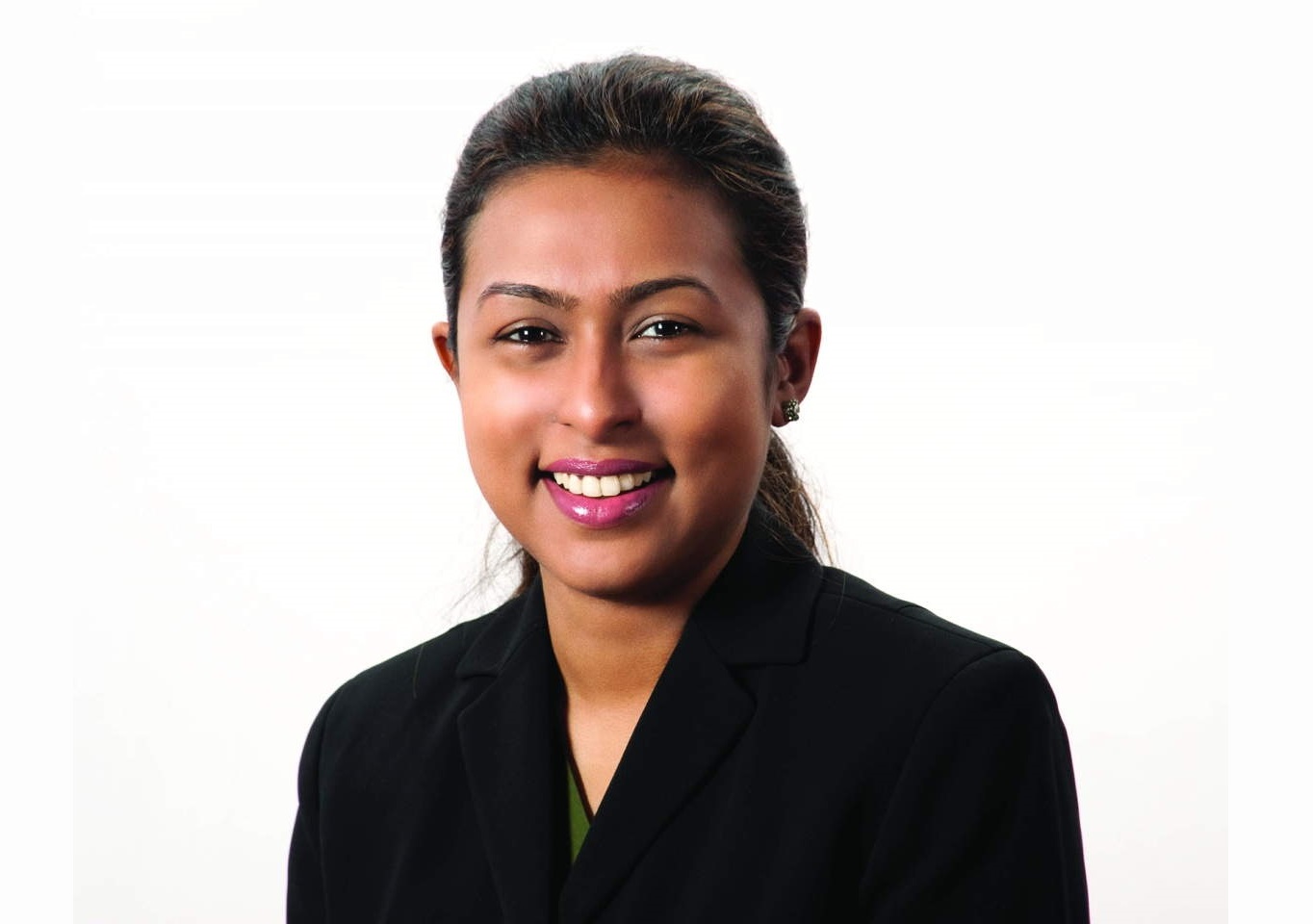
Tamara Hasan Abed is a Senior Director at BRAC where she heads all of BRAC’s 13 social enterprises including Aarong and sits on the board of Brac University and other Brac ventures and investments. A 70s child, Ms. Tamara has a fascinating story. She completed her schooling in Dhaka, studied and lived in India as a young-adult and then went to the London School of Economics and Political Science to study Economics. She worked in investment banking, pursued entrepreneurship that led to building her own business, studied, lived and worked in New York and witnessed “the growing intolerance everywhere” against Muslims after 9/11 – an event that eventually changed the trajectory of her life. It “made me feel the fragility of human life” and “I felt an intense urge to return home”. Then she returned to Bangladesh, started working at Aarong as a part-time gig, “my father asked me to help stabilize the organization and take care of some urgent needs. Initially, I volunteered part-time and did not take it as a possible career choice for me” but when she started working and came to see that Aarong works at the intersection of design, business, and social good, she “quickly fell in love with the work” and found her calling in it.
In this interview, we explore a wide range of topics ranging from Ms. Tamara’s early life and her journey to becoming who she is today, inner workings of Aarong as a social enterprise, the state and future of retail in Bangladesh and Aarong’s ambition going forward, what makes Aarong a social enterprise and different from other for-profit entities and what does it take to build a successful social enterprise, BRAC’s social enterprise efforts and her thought on management, teamwork, leadership and finally, why mindful presence is far more rewarding an experience and an effective antidote to our ever-growing anxieties of modern life and why we should actively resist the idea of planning too much about life and instead live life as it comes while trying to keep our center solid.
[su_divider top="no" divider_color="#adacab" link_color="#edde29" size="1"][/su_divider]
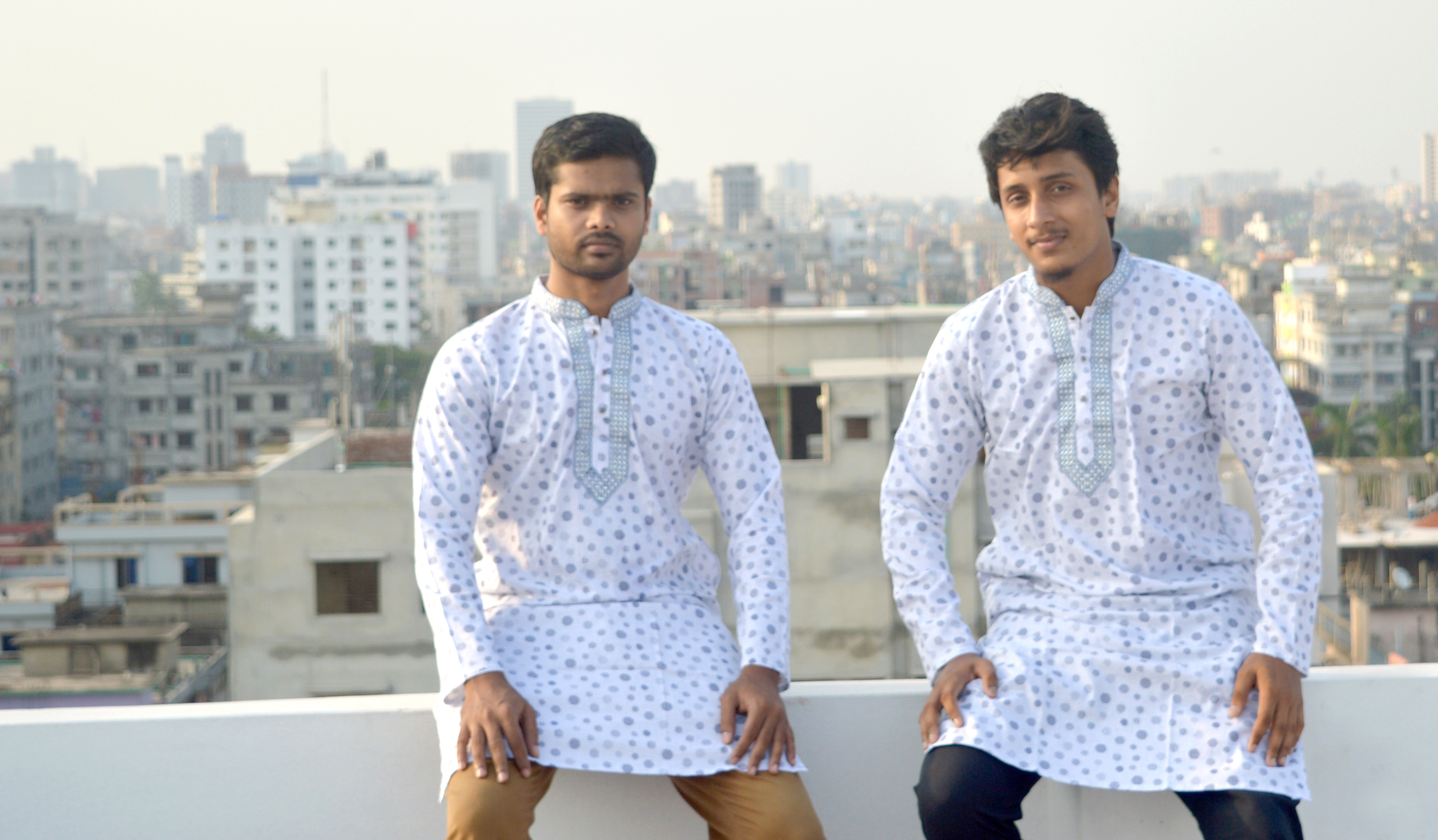
Golam Rabbani and Md. Bashir Uddin are the Founders of Dude Style, a Dhaka-based online men’s fashion retailer offering a host of products including jeans pants, t-shirts, polo shirts, shirts among a few other products.
In this interview, brought to you by Ajkerdeal, the two founders reflect on their journey, how they started Dude Style – a two-man operation, their initial decision to start small and start vertically, trials, and tribulations they have had to endure, their transition from selling ready-made products to establishing their own brand and illustrate how they have built a profitable online business.
[su_divider top="no" divider_color="#adacab" link_color="#edde29" size="1"][/su_divider]
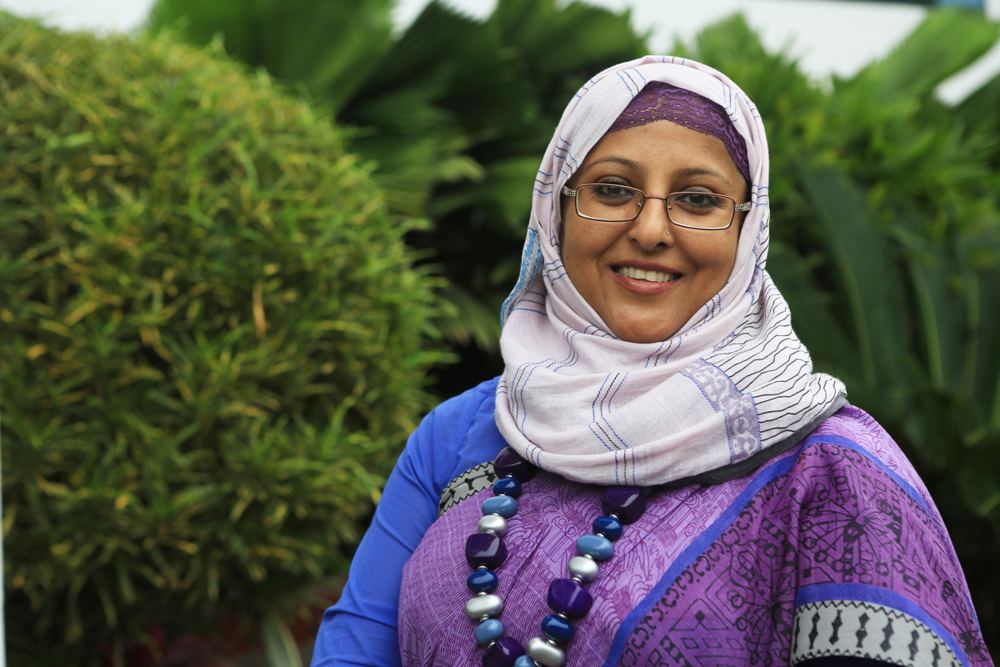
Today, we live in a different world. Walls and boundaries are crumbling. The internet has effectively made the geographic boundary irrelevant. This means we will have to compete on a global stage and have to prepare ourselves for it. Today, your competition or challenge is no more limited by your geographic boundary.
On the other hand, our jobs are becoming increasingly complex. In the past, job roles were specific and defined but today, our job roles are at best ambiguous and we get to find ways to navigate this ambiguity and win.
Technology is taking over our lives and it is changing almost every industry in a very fundamental way. This means you have to be, regardless of your field of work, tech-savvy not only to thrive but also to survive.
At the same time, in a world where machines start to take over our mundane repetitive jobs, the humane skills become only means to indispensability and we have to learn to solve problems that machines can’t solve, skills that robots or AI-enabled machines can’t do, skills such as creativity, critical thinking, problem-solving and so forth.
Along with these challenges, competition in the job market continues to grow. Today, having a business or engineering degree is no more enough. Modern workplaces require you to have cognitive flexibility, entrepreneurial mindset, and ability to think critically and come up with unconventional ideas to solve complex problems.
We do not challenge students enough at any education level to enable them to make good use of their pliable potentials. As a result, they become cognitively inflexible”, says Rizwana Akhter, a senior development professional and career counselor, Facilitator of Preparatory training for public and private jobs with over 16 years experience of working in leading development organizations in Bangladesh. People with high level of creativity, problem-solving, and cognitive flexibility, social and emotional intelligence will rule the future workplace, Ms. Rizwana adds, who teaches /facilitates a day-long training program at Bdjobs Training on preparatory young people for Public and Private Jobs.
In this fascinating interview with Ms. Rizwana, brought to you by Bdjobs Training, we discussed a wide range of topics including the importance of soft skills, most important soft skills and how one can develop these skills, why taking initiative and the ability to solve complex problems are increasingly becoming important skills at workplaces and how one can get good at these areas in context of changing reality of job market, fourth industrial revolution, most in-demand skills and why with high level of creativity, problem-solving, and cognitive flexibility, social and emotional intelligence will rule the future workplace.
[su_divider top="no" divider_color="#adacab" link_color="#edde29" size="1"][/su_divider]
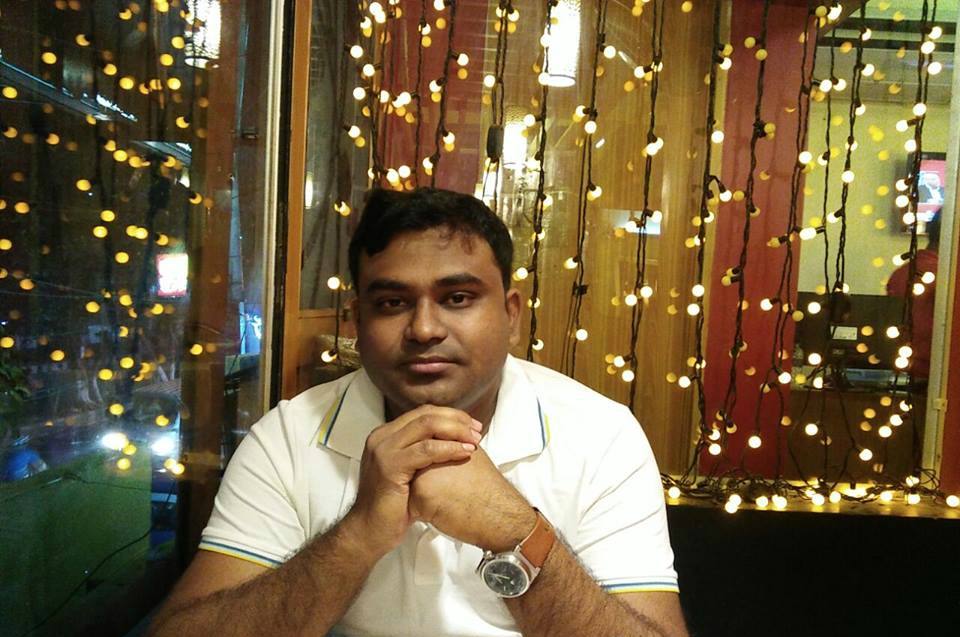
Joarder Atiqur Rahman is the Founder and Managing Director of RN Tech Ltd, a Dhaka-based retailer of mobile accessories and women and children products. Prior to starting RN Tech, Mr. Joarder Atiqur Rahman studied, lived and worked in India and UAE for almost seven years. He returned to Bangladesh in 2010 with an ambition to start and build his own business, a decision that eventually led to the founding of RN Tech Ltd.
In this interview, brought to you by Ajkerdeal, Mr. Rahman reflects on his journey, trials, and tribulations he has had to endure and illustrates how he has built a profitable business at the intersection of offline and online brand from scratch.
